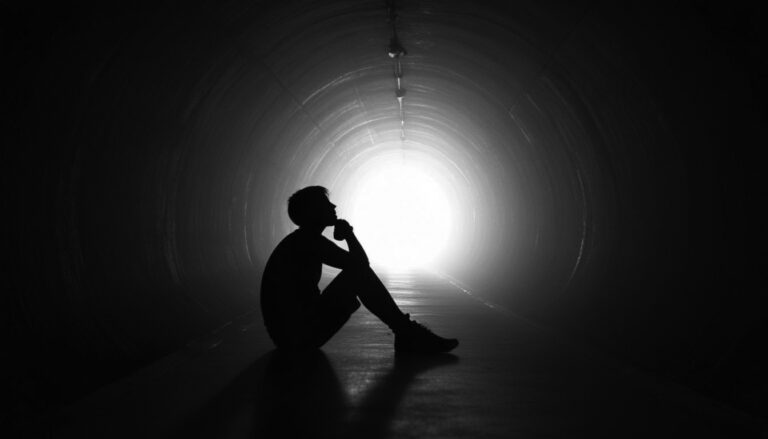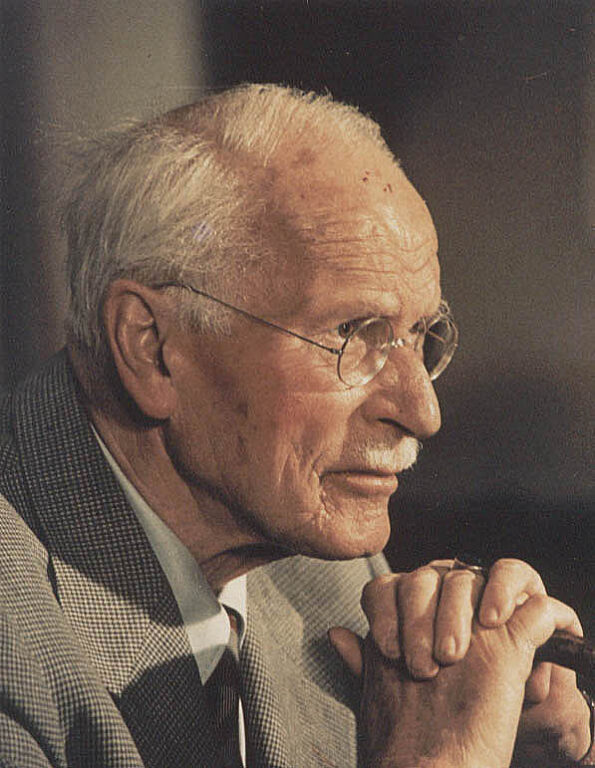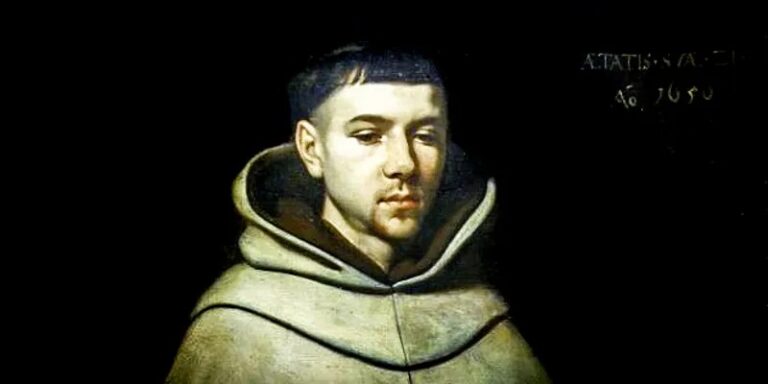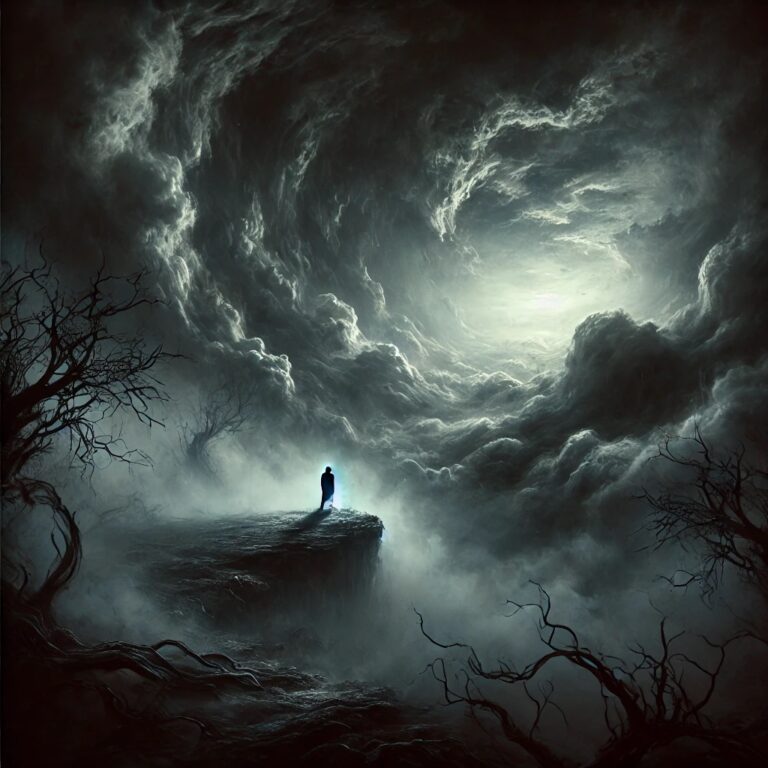There comes a moment when the world doesn’t just crumble—it dissolves into an eerie silence, a whisper that slips into the corners of your mind and pulls you into an unseen abyss. This is the “Dark Night of the Soul,” a mysterious tragedy that unfolds not in the world around you but within the most secret depths of your spirit.
It sneaks into your life like a shadow, quiet and unannounced, casting a fog over your perception, stealing the light from your days. The joys that once brightened your life feel distant, as if a veil separates you from everything familiar. Your world, once vivid and clear, becomes distorted, foreign, as if you’re staring through the wrong end of a telescope.

In this night, you are utterly alone—isolated in a way that no one else can touch. The stillness around you is suffocating, and the silence, deafening. The thoughts that once comforted you now whisper unsettling truths, filling your mind with doubts and fears you can’t escape. Who are you, really, when everything you believed in crumbles to dust? What remains when the light within you flickers and fades?
This isn’t just a descent into darkness; it’s a confrontation with your deepest fears, a face-off with the shadows you’ve avoided for so long. The “Dark Night of the Soul” is more than just a phase—it’s a reckoning, a moment of profound inner turmoil where you must tear away the masks and confront the emptiness within.
Yet, in this haunting abyss, there is a strange, tragic beauty. This night doesn’t come to destroy you; it comes to transform you. In the depths of this darkness, something new is born, though the cost is steep, and the journey is treacherous.
Here you stand, at the heart of the night, where the enigma of your soul unravels and the outcome is uncertain. Will you emerge from this shadowy labyrinth, reforged by the fires of despair? Or will you be forever lost in the whispering darkness of your own mind?
Only time will tell, as the night stretches on and the first faint light of dawn waits, unseen but ever so faintly felt on the horizon.

Carl Jung: The renowned Swiss psychiatrist and psychoanalyst often explored the idea of a “shadow” self, which is closely related to the “Dark Night of the Soul.” Jung believed that confronting this shadow is a necessary part of personal growth. He famously said, “One does not become enlightened by imagining figures of light, but by making the darkness conscious.” This echoes the idea that the “Dark Night of the Soul” is a time of deep introspection and transformation.

St. John of the Cross: The term “Dark Night of the Soul” originates from St. John of the Cross, a Spanish mystic and poet, who wrote about the spiritual crisis one faces on the path to divine union. He described this night as a period of purification and soul-searching, where one must let go of earthly attachments to grow closer to God.

Eckhart Tolle: A modern spiritual teacher, Tolle discusses the “Dark Night of the Soul” as a period of intense suffering that can lead to a spiritual awakening. He notes that during this dark period, the ego begins to dissolve, making way for a deeper sense of self and connection to the present moment.












प्रतिक्रिया